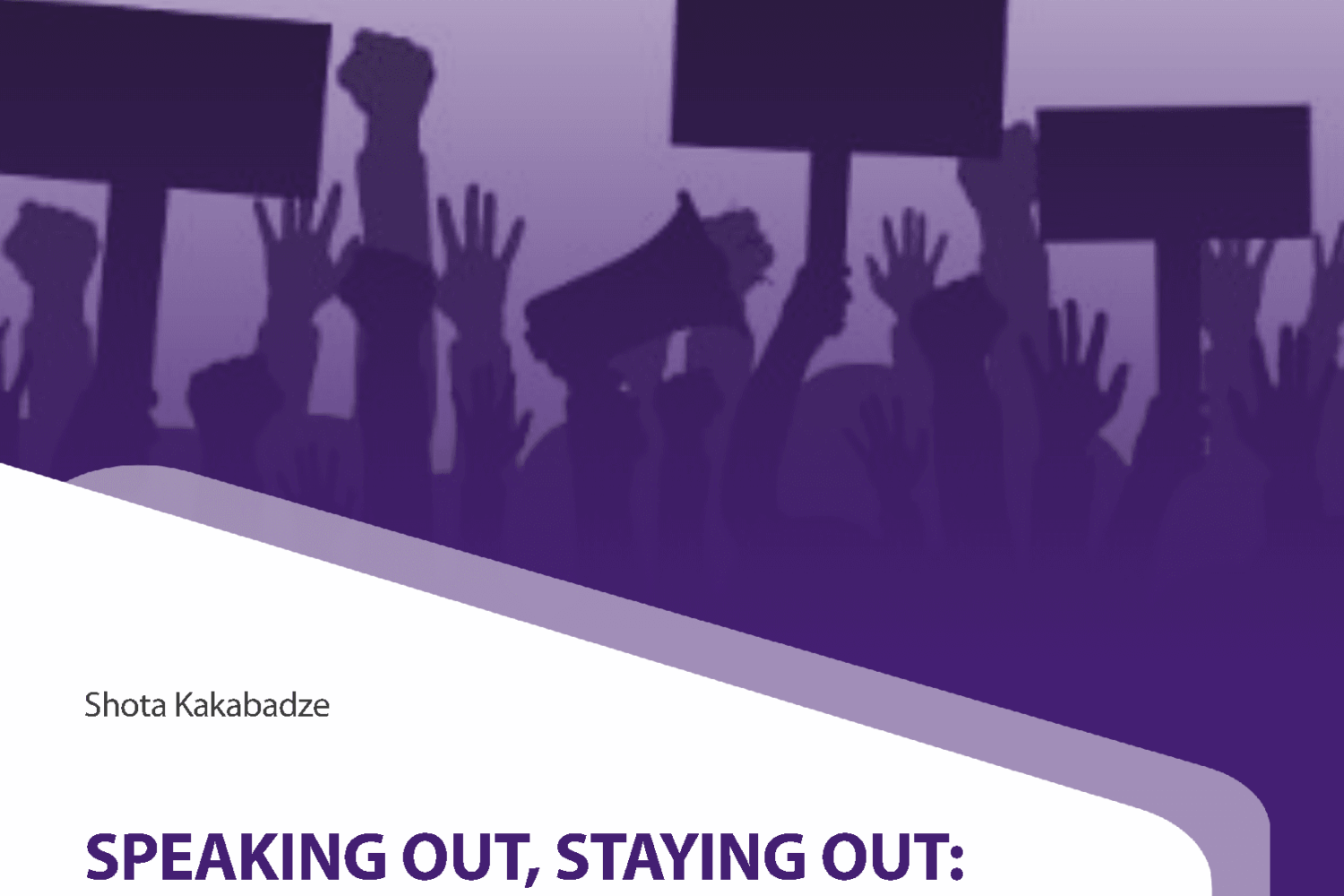2025-05-23 07:57:56
For the last six month, Georgia has been spiraling towards authoritarianism with the one-party parliament curtailing fundamental freedoms with a new law or amendments almost weekly. On the other hand, although waves of non-stop protests have hit cities and towns across the country, they have not increased political engagement or influenced policy-making. Political engagement refers to the broad range of activities through which individuals participate in the political process. These activities include voting, protesting, signing petitions, contacting elected officials, joining political parties, or engaging in political discourse online. In a democratic society, such participation is essential to ensure government accountability, policy responsiveness, and the development of an informed and active citizenry.
In Georgia, political engagement reveals a paradox. Although public dissatisfaction with the ruling party and authoritarian drift is growing—evident in frequent protests and active digital dissent—this energy is not translating into sustained or institutionalized political engagement. Many citizens, particularly youth and middle-class groups, express their concerns through participatory politics such as street demonstrations or online platforms. However, deeper forms of engagement—like voting, joining political parties, or advocating through institutional channels—remain low. This disconnect stems from widespread mistrust in political parties, government institutions, and traditional media, alongside a prevailing belief that individual action cannot bring about meaningful change. Structural weaknesses in Georgia’s political landscape—such as a lack of ideological representation, centralized power, media polarization, and shrinking space for civil society—further compound this disengagement. As a result, protest movements often fail to produce lasting policy outcomes.
This policy memo explores why political engagement in Georgia remains low despite visible public discontent. It examines the roles played by citizens, political parties, public institutions, media, and civil society organizations in either enabling or inhibiting participation. By analyzing recent trends and public opinion data, it seeks to identify the systemic barriers that prevent political engagement from evolving into meaningful democratic participation—and considers what must change to reverse the current trajectory of disengagement. It argues that reversing this trajectory requires targeted reforms: revitalizing political parties to better represent citizens, protecting civil society and media freedoms, improving civic education to build political literacy, and expanding accessible forms of digital engagement. Without these changes, Georgia risks further democratic erosion and growing political alienation in society.




